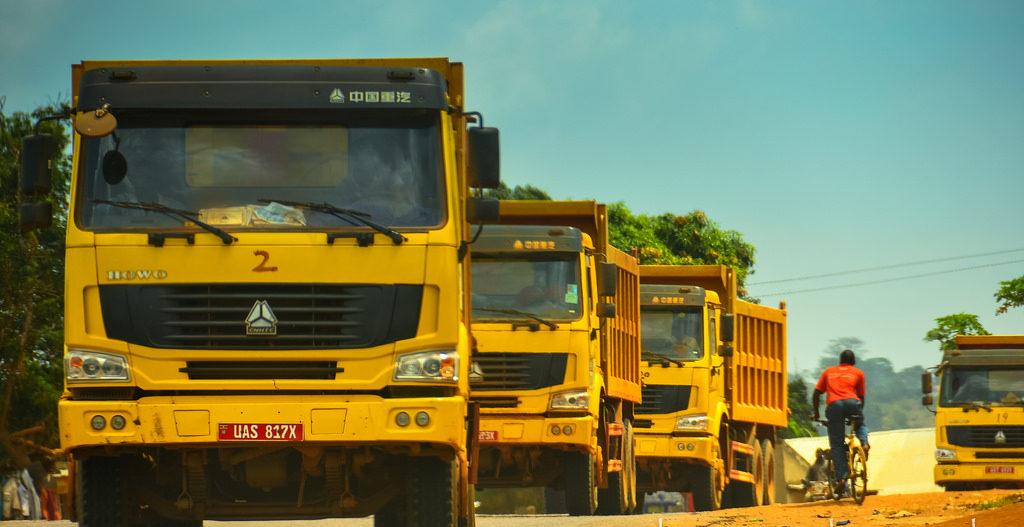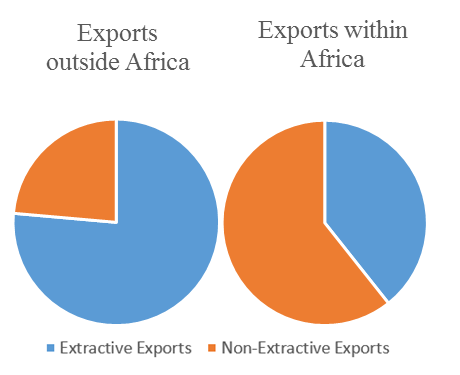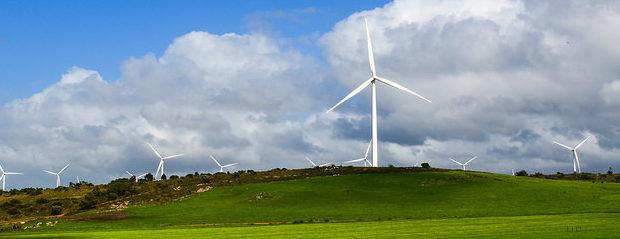The African trade revolution quietly afoot

In a tumultuous year for the global trading landscape, negotiations for a huge Africa-wide free trade area are progressing rapidly.

Transporting goods in Uganda. Credit: Robert Lutz.
Across the developed world, longstanding advocates of free trade are in retreat. America has withdrawn from the Trans-Pacific Partnership trade agreement and stepped back from the World Trade Organisation. Meanwhile, a crisis is brewing at the heart of the European single market.
Recognition has grown that the inequalities generated by trade are not being sufficiently addressed. And this has fuelled an anti-trade populism.
Noting these tumultuous trends, international institutions from the OECD to the International Monetary Fund and G20 have sought to reaffirm the benefits of trade and argued against protectionism.
[Growth, Trump, and debt in Africa: Key economic trends to watch in 2017]
A quiet revolution
Set against this uproar, an African trade revolution is also quietly afoot. The innovation is the Continental Free Trade Area (CFTA). A boldly ambitious endeavour, the CFTA seeks to combine the economies of 55 African states under a pan-African free trade area comprising 1.2 billion people in a market with a combined GDP of $2.19 trillion.
Announced in 2012 by the African Union (AU) heads of state and government, the CFTA is the first flagship initiative of the AU’s Agenda 2063. It will reduce tariffs between African countries, introduce mechanisms to address the often more substantial non-tariff barriers, liberalise service sectors, and facilitate cross-border trade. This will also help rationalise the overlapping free trade areas that already exist within Africa.
The CFTA negotiations are complex. The 55 participating countries span a diversity of economic and geographic configurations. 15 are landlocked, while 6 are Small Island Developing States (SIDS). The biggest (Nigeria) has a GDP of $568 billion, while the smallest (Sao Tome & Principe) a GDP of just $337 million.
[Carlos Lopes: To industrialise, Africa needs strong but smart states]
Rapid progress
Many outside observers have been quick to cast pessimism upon the project. This is not just because of the challenging world trade environment and complexity of negotiations, but Africa’s history of trade negotiations.
In particular, the Economic Partnership Agreements (EPAs) between the European Union and African regional economic communities have proved an infamous failure. Despite 14 years of negotiations, only one EPA – that with Southern Africa – has been concluded.
With expectations low, the rapid progress in the CFTA negotiations is therefore all the more remarkable. The first negotiating forum was launched in February 2016. Since then, five more negotiating rounds have been concluded.
The most recent, held in Niger, determined modalities for trade in goods and services. It also pronounced a level of ambition to liberalise 90% of tariff lines – substantially more than aspired to in the EPAs – and establish a review mechanism to gradually lift this further.
The remainder of 2017 will see technical working group meetings and two more negotiating rounds to refine market access offers and the legal text of the agreement. The intention is to finish negotiations by the end of this year.
One African chief negotiator commenting at the last negotiating round remarked that he had “never seen negotiations move so rapidly”.
Boosting intra-African trade
These impressive achievements are being realised by political commitment at the highest level and a pan-African resolve to cooperate and compromise. Pan-Africanist forefathers like Kwame Nkrumah would be proud.
Success also derives from a shared belief in the project. Studies by the UN Economic Commission for Africa and UNCTAD identify the potential for the CFTA to boost intra-African trade. This would help diversify Africa’s exports away from a dependence on commodities that is little changed since colonial times.
Intra-African trade is substantially more diversified than Africa’s trade with the outside world. It comprises a greater share of value-added and industrial products such as textiles, cement, soap, pharmaceuticals, and even automobiles from South Africa as well as primary and processed food items. Services such as banking, telecoms, energy and transport are also being traded across borders. The CFTA forms part of an African strategy for industrialising through trade.

Source: CEPI-BACI Trade Dataset, three year average (2012-14).
It could also help piece together Africa’s small fragmented markets to realise economies of scale necessary for industrial investment and growth. Niger’s President Issoufou Mahamadou, the African Union Champion for the CFTA, recently lamented looking upon a map of Africa as a “broken mirror”. The CFTA can help to fix this.
Making it a win-win
The CFTA, however, is no panacea. It must be accompanied by investments in infrastructure, energy and trade facilitation.
This is critical if sufficient jobs are to be created for Africa’s youth. 60% of Africa’s population is 24 or below and about to enter the workforce. Yet a shortage of opportunities contributes to high youth unemployment, poverty rates approaching 70%, and pressures to migrate.
It is also important not to overlook the origins of populist sentiment against free trade elsewhere in the world. Trade produces both winners and losers. The problem is that while gains can compensate losses in theory, that is not happening in practice.
Recognition of this has fuelled rethinking of trade policy across the world. For instance, the Canada-European Union trade agreement (CETA) was reworked following the election of the Trudeau administration to better reflect a new “progressive trade policy”.
The CFTA must likewise be crafted as a win-win agreement that leaves no one behind. Here, the UN Economic Commission for Africa has undertaken a human rights impact assessment of the initiative and advocated for a number of supporting measures.
This includes strategies to protect small-holder farmers and help them integrate into regional agricultural value chains. It calls for improving border controls to help informal cross-border traders, many of whom are women and major players in intra-African trade.
It also demands an approach that benefits Africa’s diversity of countries, including those which are small, island economies, landlocked or fragile states. One way to achieve this is by supporting initiatives for regional value chains and connectivity that have proven successful in Africa’s regional economic communities.
Light at the end of the tunnel
Light shines at the end of the tunnel for the CFTA, but obstacles remain. Implementation is a key but persistent challenge on the continent. To quote Nkosazana Dlamini-Zuma, former Chairperson of the AU Commission, “I don’t think Africa is short of policies. We have to implement. That is where the problem is”.
The commitment and belief shown in the CFTA by African leaders must be seen through for the benefits of the CFTA to be realised.
The reward would appear to be worth it. Africa’s consumer market is the fastest growing in the world. In just over 30 years from now, by 2050, it will comprise a population larger than that of India and China combined. This is the right time to seize the opportunities generated by such a large market.





